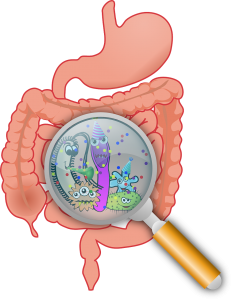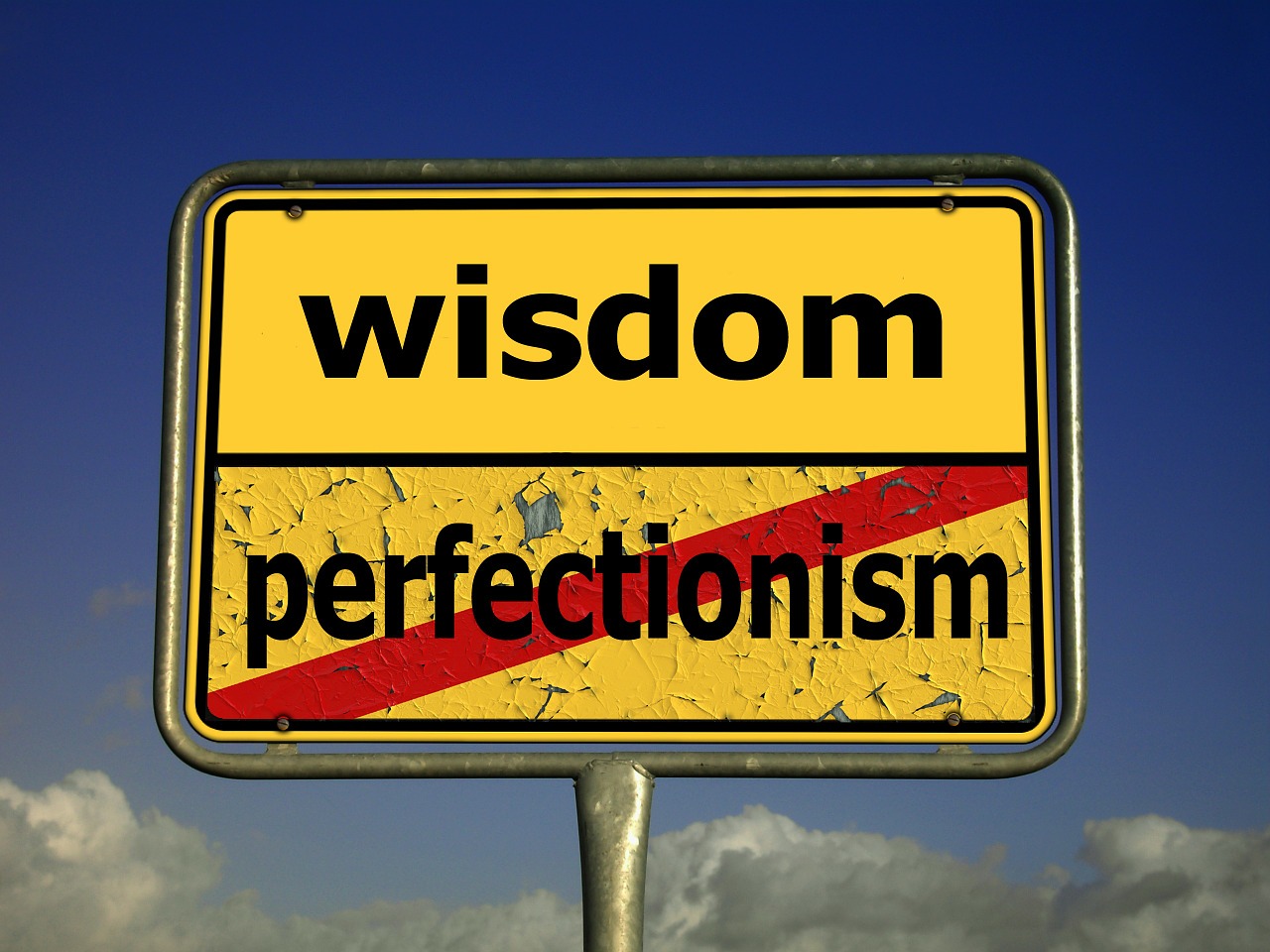
We humans have long thought of our brains as being fully responsible for our thoughts, moods, and actions. That’s just common knowledge at this point, right? Now we know there’s actually more to the story. Although our brains are essential to our cognitive and emotional life, recent scientific discoveries have revealed that another part of our body may also play a pivotal role in mental health: our gut! Stay with me here because this is fascinating stuff. It turns out that the human gastrointestinal tract is home to billions of microbes that play a vitally important role in our health, both physical and mental. The buzzword for this wonderful world within our gut is “microbiome.” Some people in the know even refer to our gut as our “second brain.” Here’s why. Our intestinal tract produces the vast majority of serotonin in our bodies. You’e likely heard about serotonin already. It’s one of the naturally-occurring neurotransmitters important in regulating mood, appetite, and sleep. When our microbiome is flourishing, our gut is able to generate and circulate serotonin without getting distracted. Yes, folks, our guts can get distracted, especially when we ask them to process unhealthy stuff. Unfortunately, many foods that are staples in the typical American diet stress out our guts. When our guts are stressed, it can lead to all kinds of internal messiness, including insulin dysregulation, increased inflammation, and cellular stress. I think we can all agree that we do not want our cells to be stressed out! Personally, I’d like all of my cells to be filled with peace and harmony and love, but I think I’m getting distracted…
Back to our second brain. If we overtax it with unhealthy foods to process, it may also be less able to attend to its function of producing serotonin. Low serotonin, insulin dysregulation, systemic inflammation: all of these can adversely affect mood, energy, and sleep. And when mood, energy, and sleep are adversely affected for long enough, our cognitive processes (hello, brain) and other organ system functions may be diminished.

Some of you may be thinking, “Well, this is a bummer. Thanks a lot Dr. Jen!” I get it. It can be very challenging to consider the notion that what we put into our bodies can directly affect our mood and even our cognitive processes. In some ways, though, this is GOOD news! It means that we all have the ability to help ourselves. So, just how do we cultivate and maintain a healthy, happy gut? Here are a few guidelines:*
- Eat whole, unprocessed foods, for the most part. This means opting for lots of healthy protein sources, vegetables, fruit, and whole grains while minimizing processed foods that include a lot of simple carbohydrates and sugars. You don’t have to get too bananas about this (pun completely intended) and hold yourself to a rigid food standard. It’s ok to indulge in some of your favorite treats once in a while (mmm, sea salt caramel gelato…) as long as most meals on most days are mostly whole, wholesome foods.
- Consider adding a probiotic. Check with your physician or nutritionist first, of course, but probiotics add a little extra biodiversity in the form of healthy bacteria and yeast to your gut’s microbiome. Eating fermented foods like pickles, kimchi, and yogurt can also act as probiotics. Use moderation, of course. You don’t need to eat a pickle at every meal and snack, for example, or your friends and family will think you’ve gone bananas (pun still completely intended).
- Eat a variety of foods. It turns out that our microbiome likes variety. Who knew that our guts are diversity-affirmative?
For many of us, moving towards a whole food way of eating is a big step, involving a significant amount of change. Is it worth it? Only you can answer that for yourself, but I hope you consider trying it out to see if what you put in your body affects how you feel overall. There may be some short-term inconvenience and discomfort as you try out new routines and foods. If you’ve ever read any of my Lazy Psychologist in the Kitchen recipe blogs, you know that I feel your pain. Remember, you are making an investment in your long-term health and wellbeing so give it some time. Need some guidance on how to make healthy changes that stick? You’re in luck! That was the topic of my first-ever blog several months ago. You can check it out here.
Wishing you and your microbiome much happiness and healthiness,
Dr. Jen
*Important Note: Whenever I talk about the effects of food on mood, it’s important to keep in mind that I’m a psychologist, not a a nutritionist, dietician, or physician, so my advice is not offered as golden nuggets of wisdom based on the most recent nutritional and medical science. If you are being treated by a physician, dietician, or any other medical professional for a specific condition, please make sure to consult with them before making any significant dietary changes.



